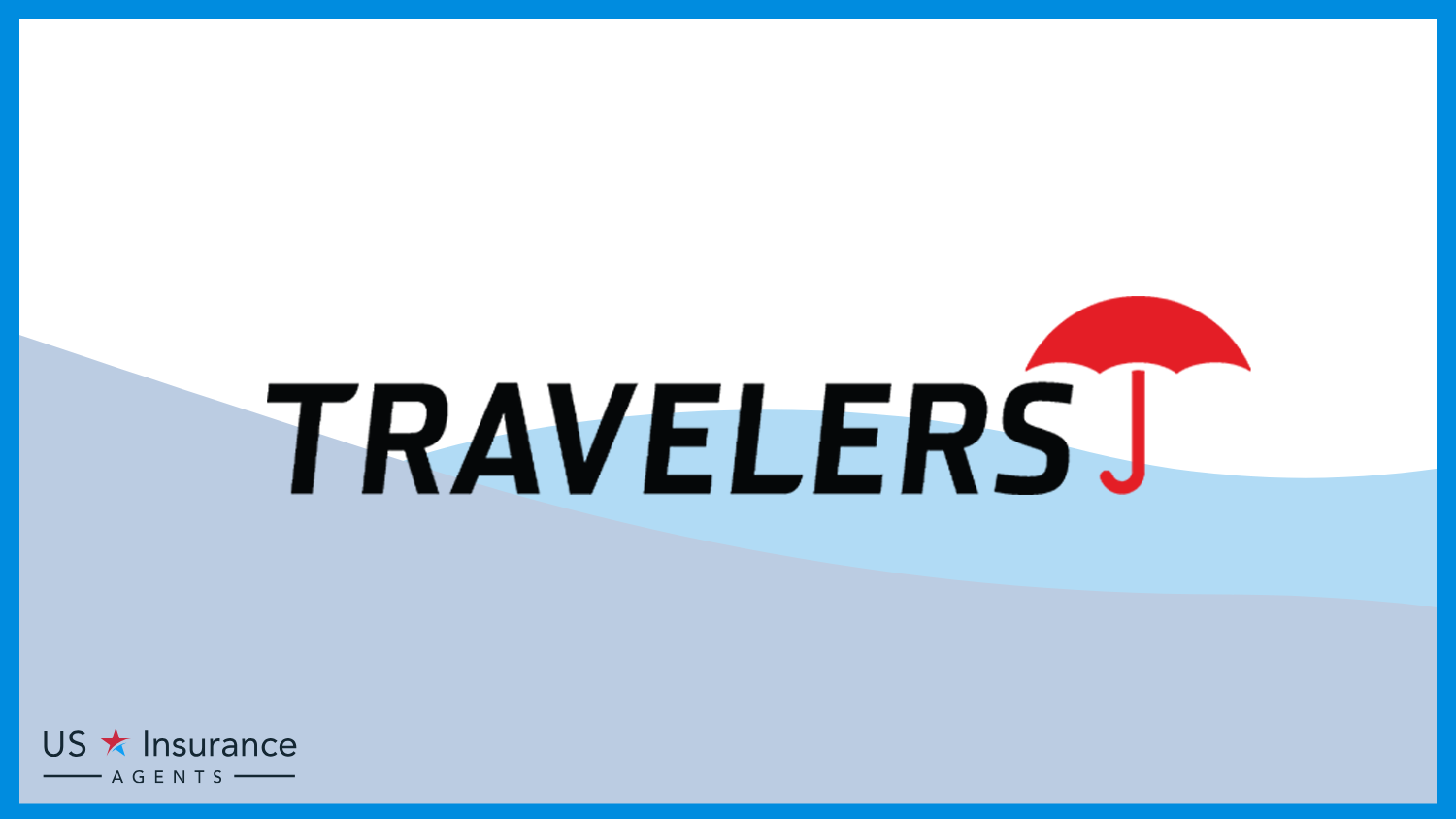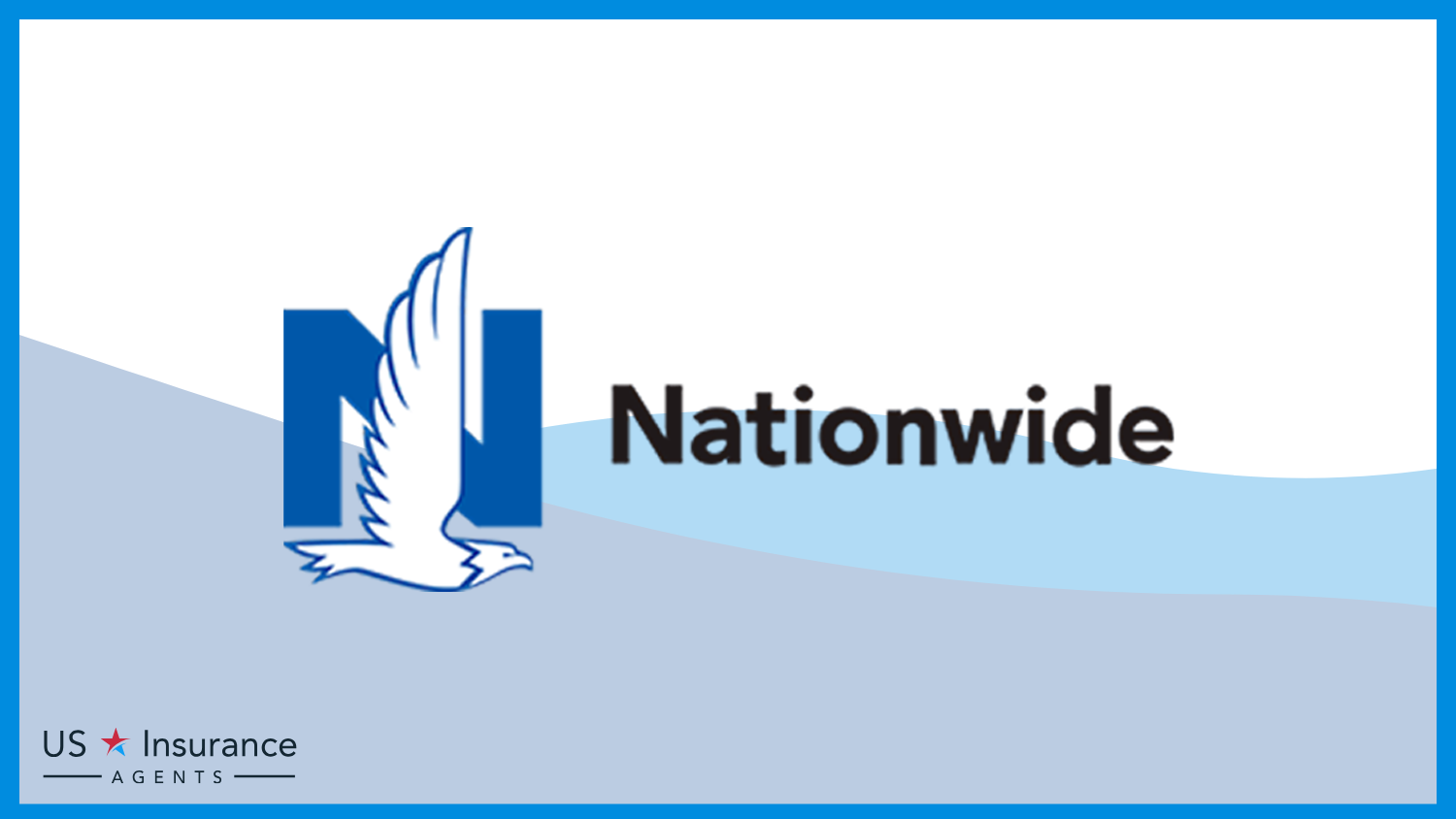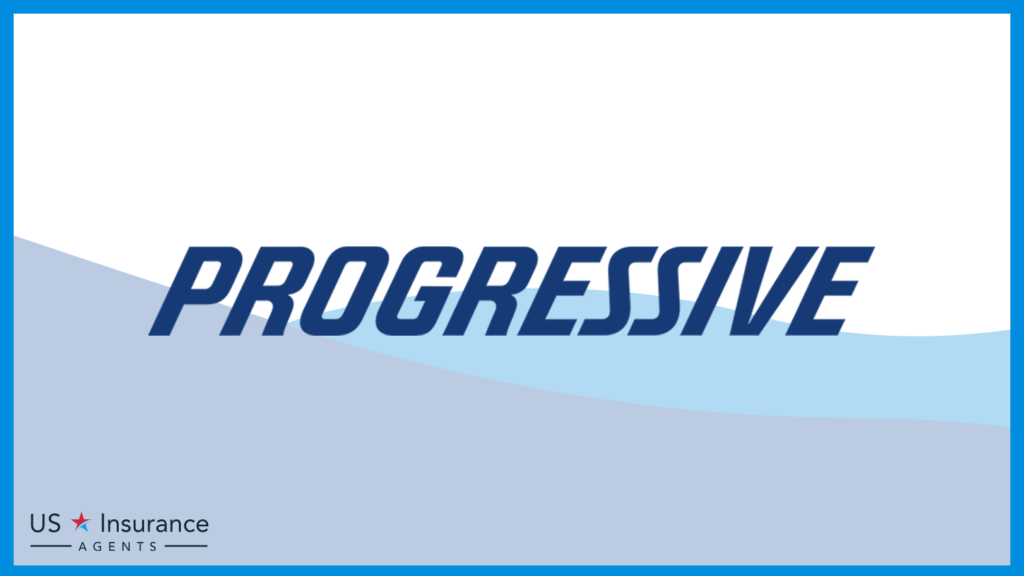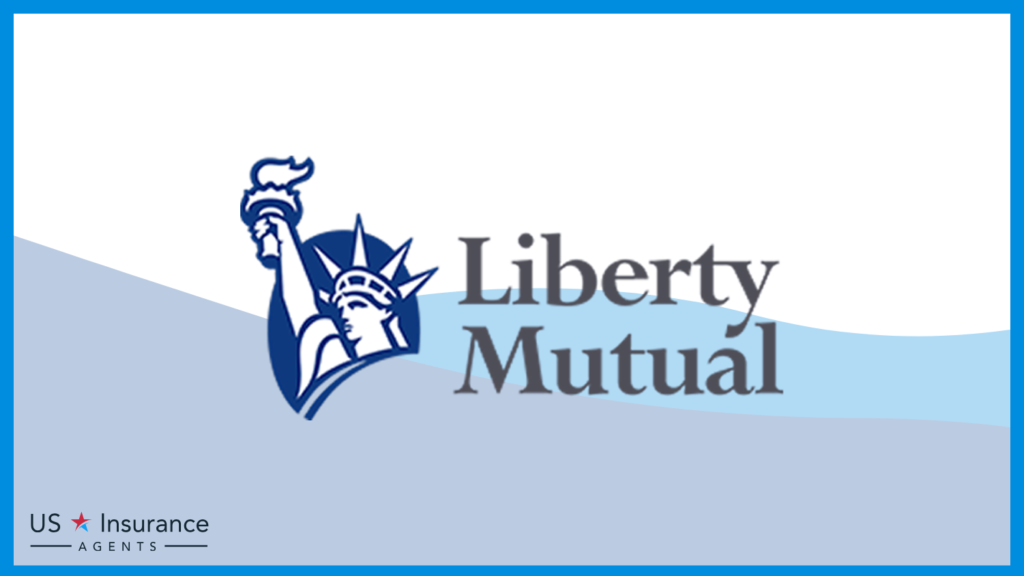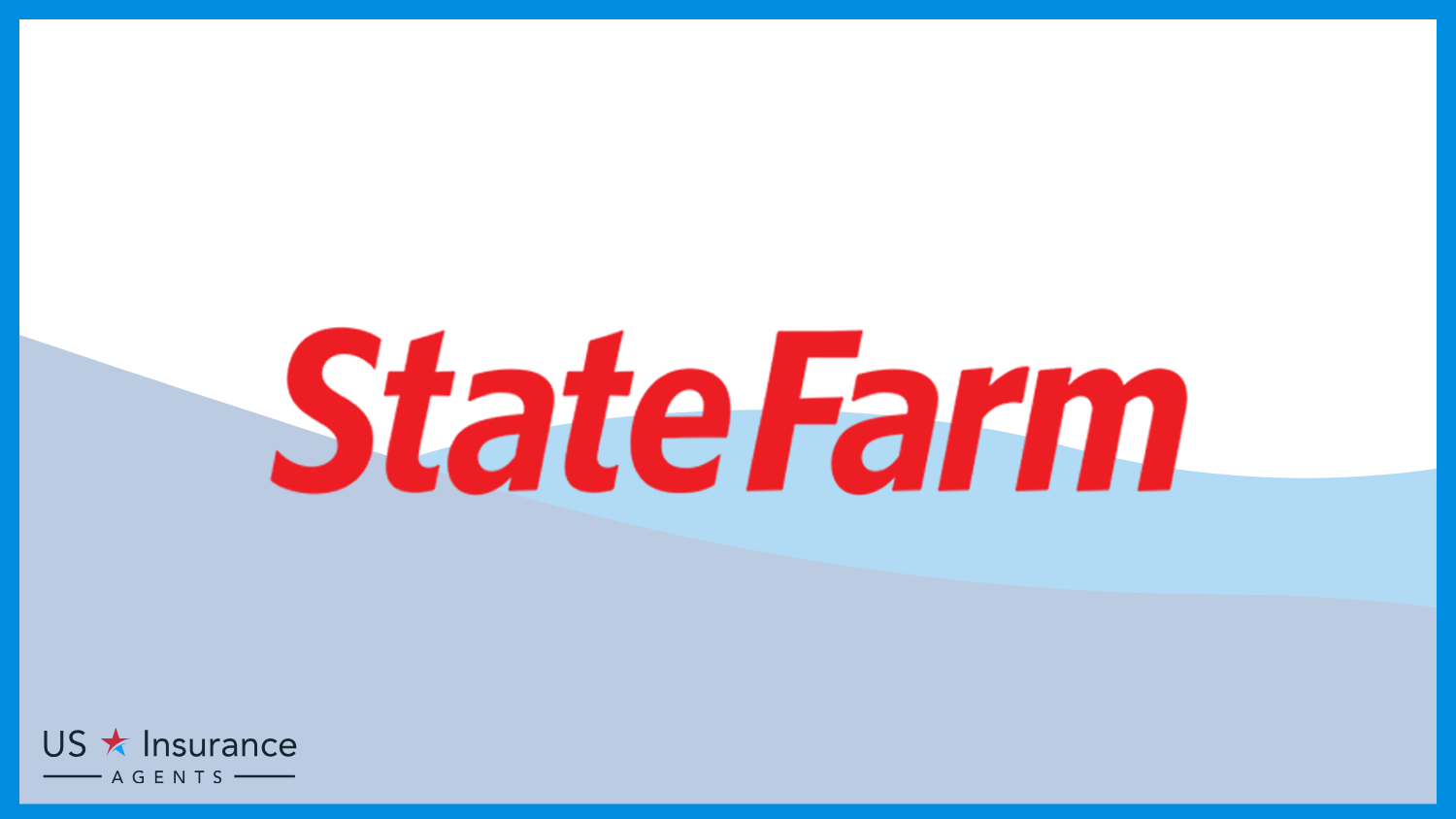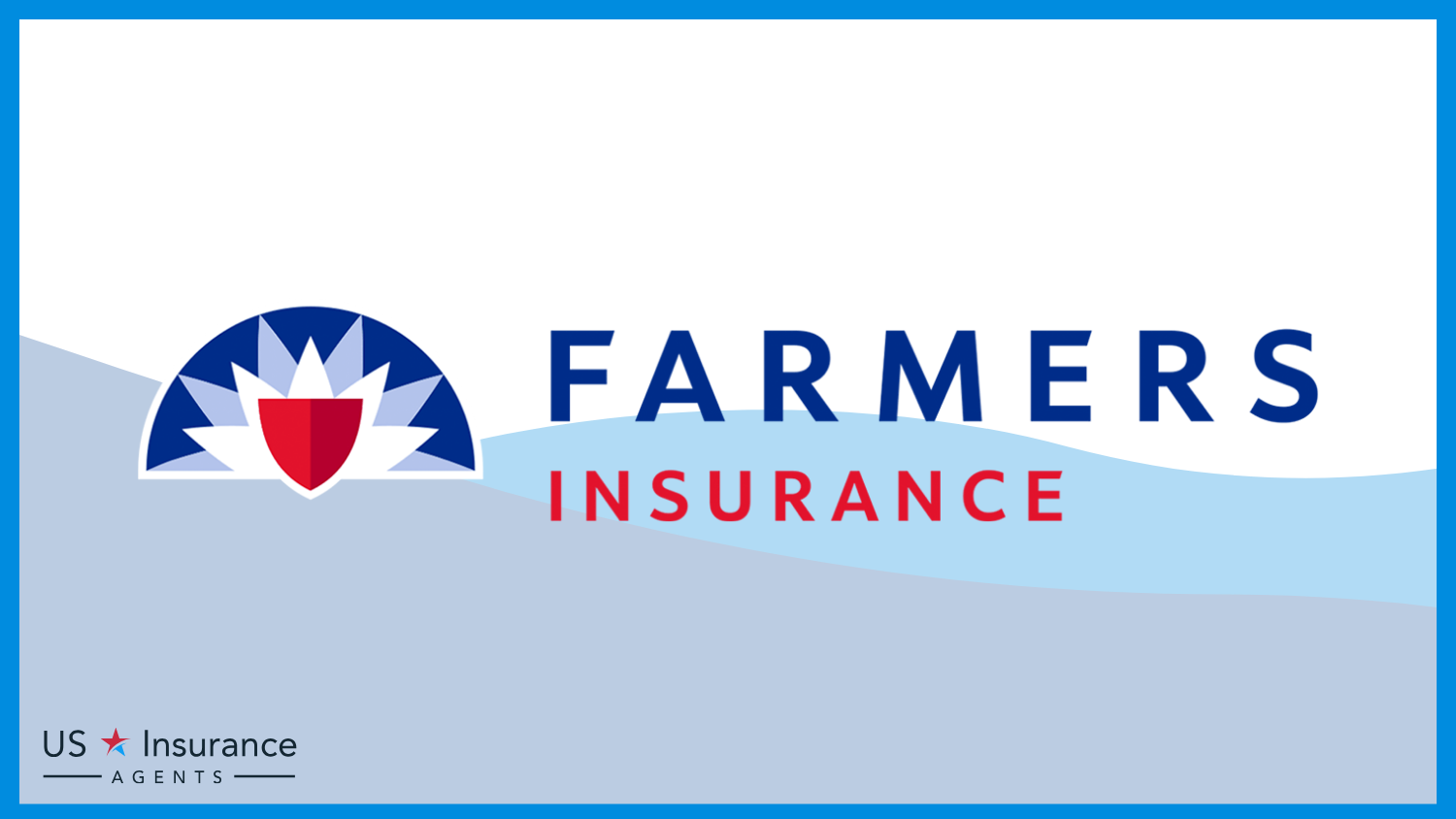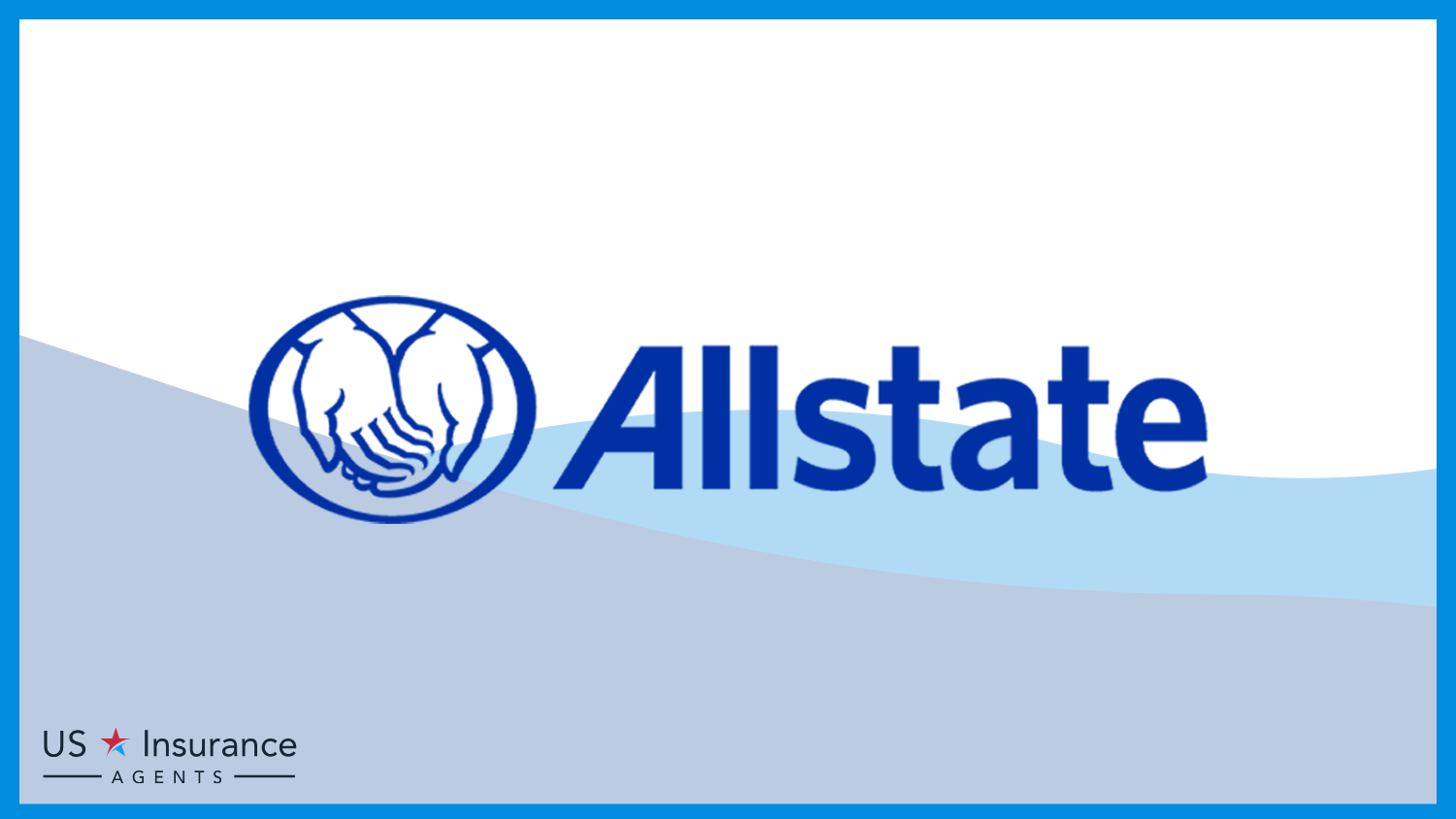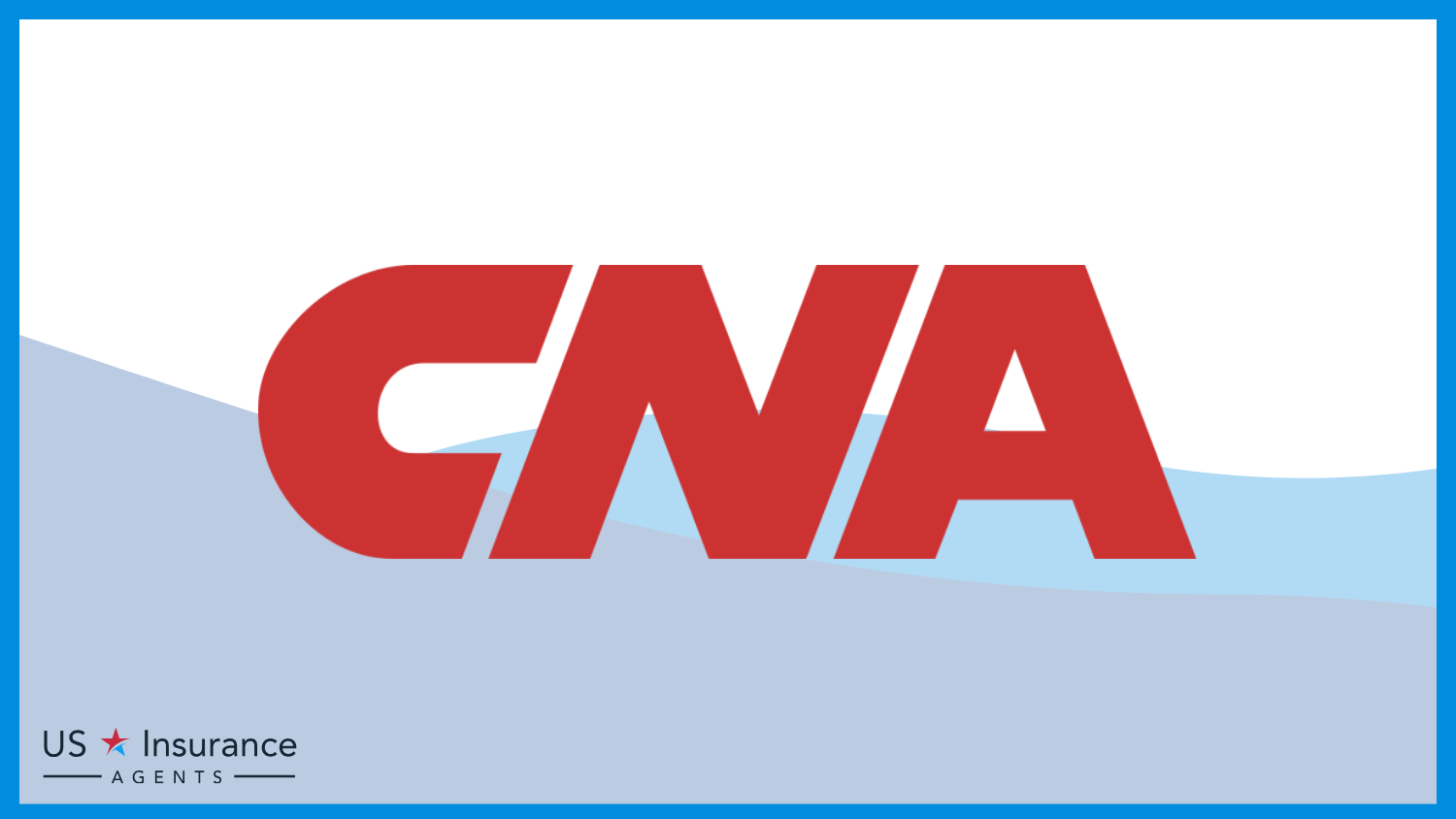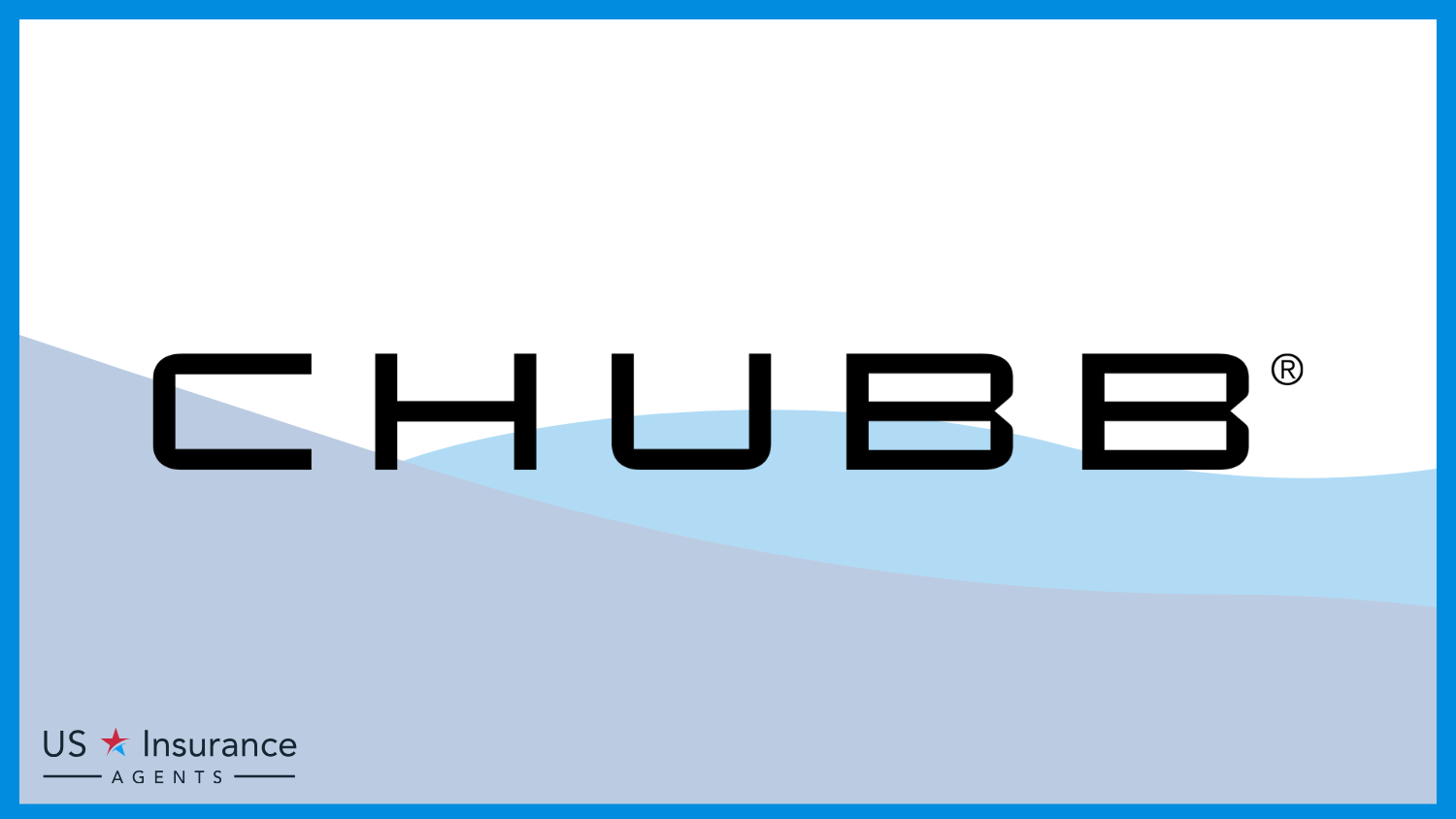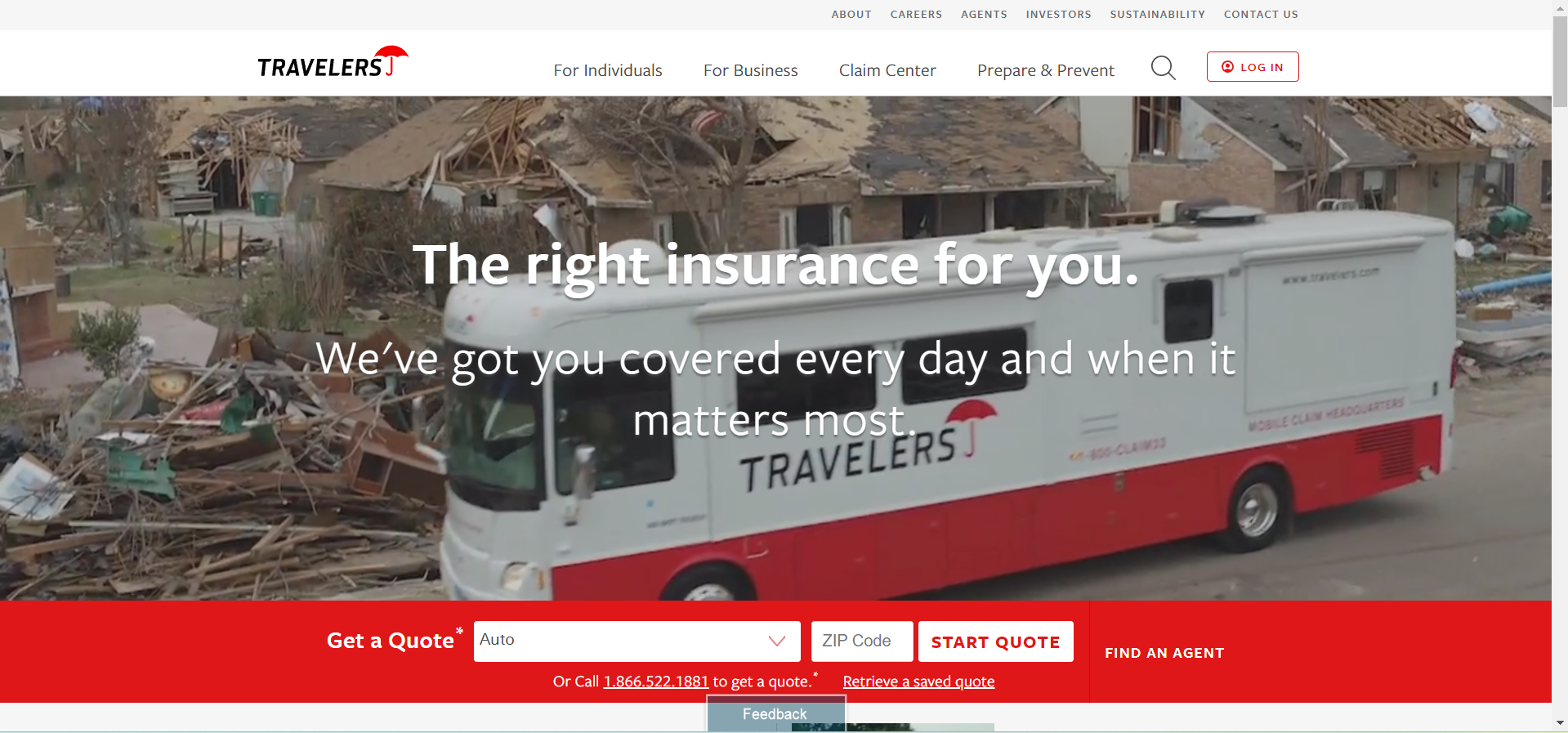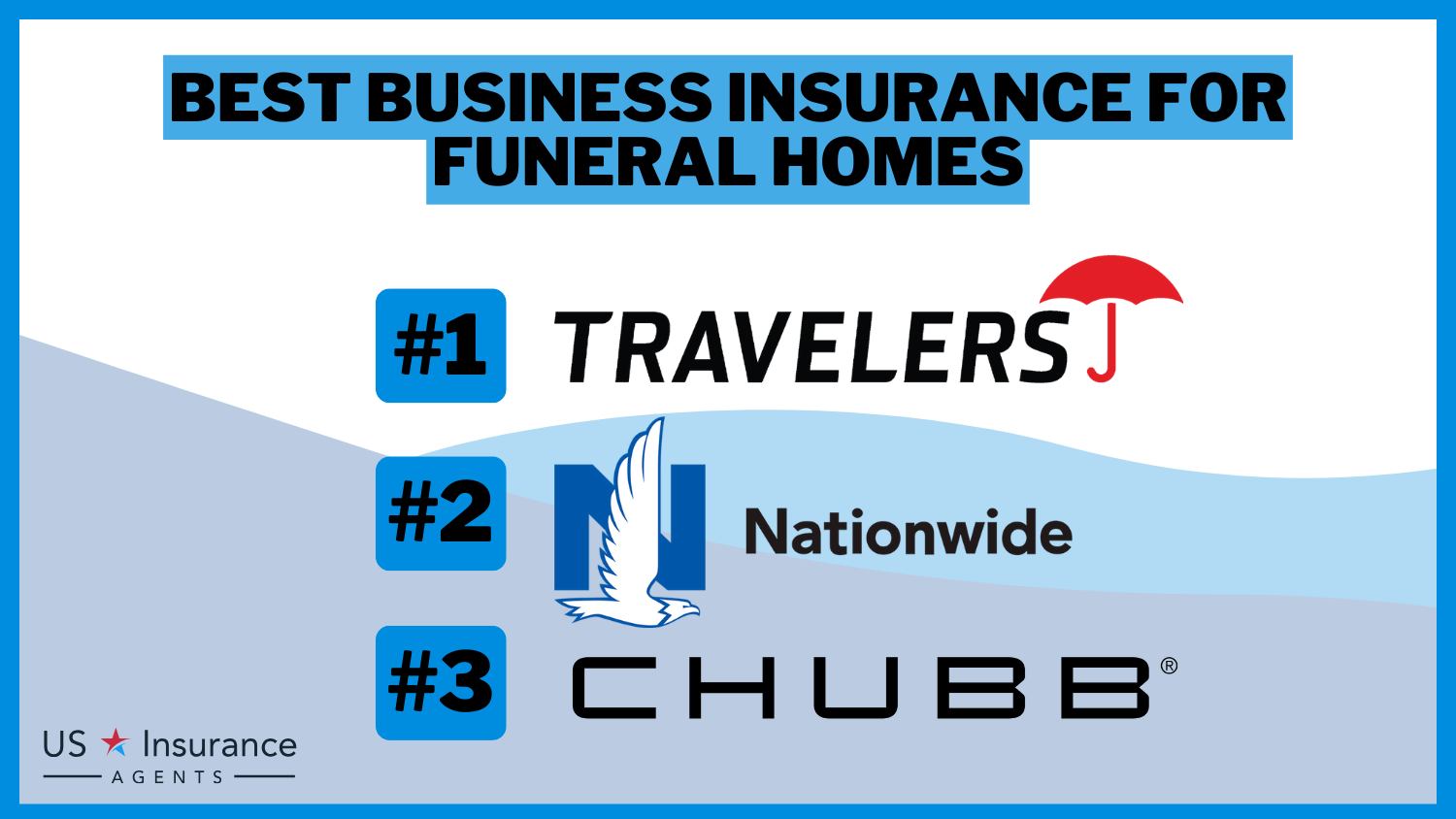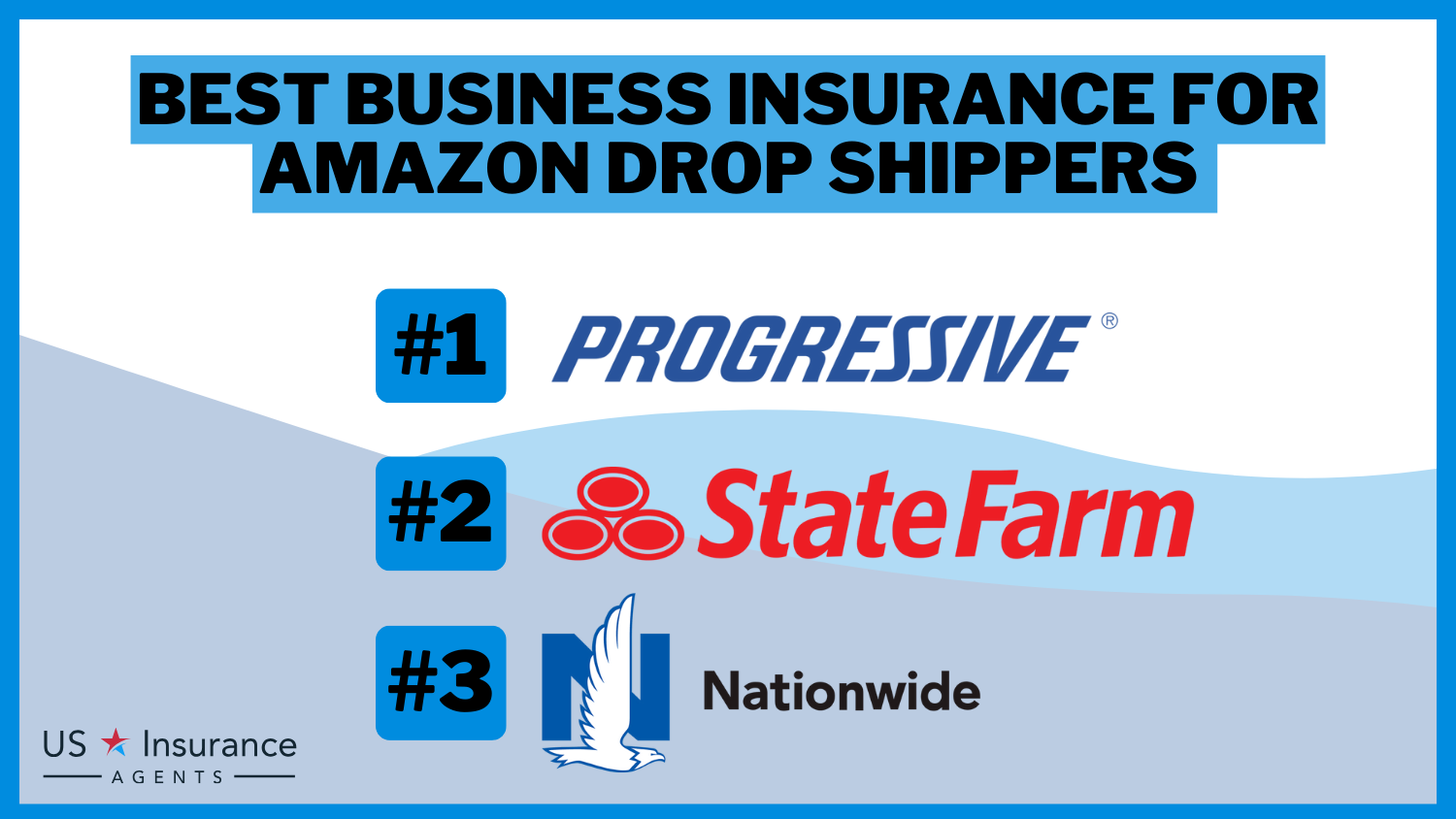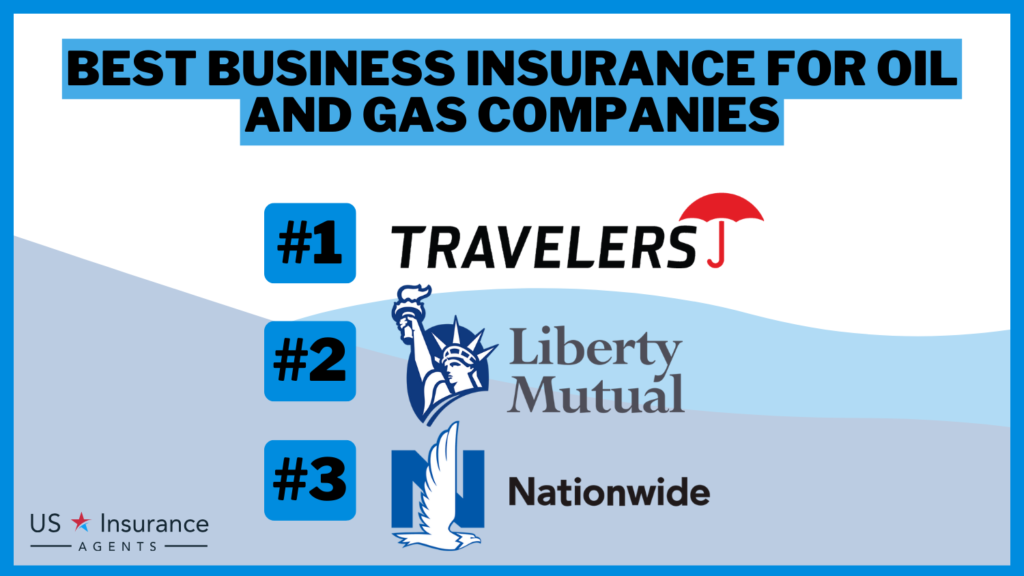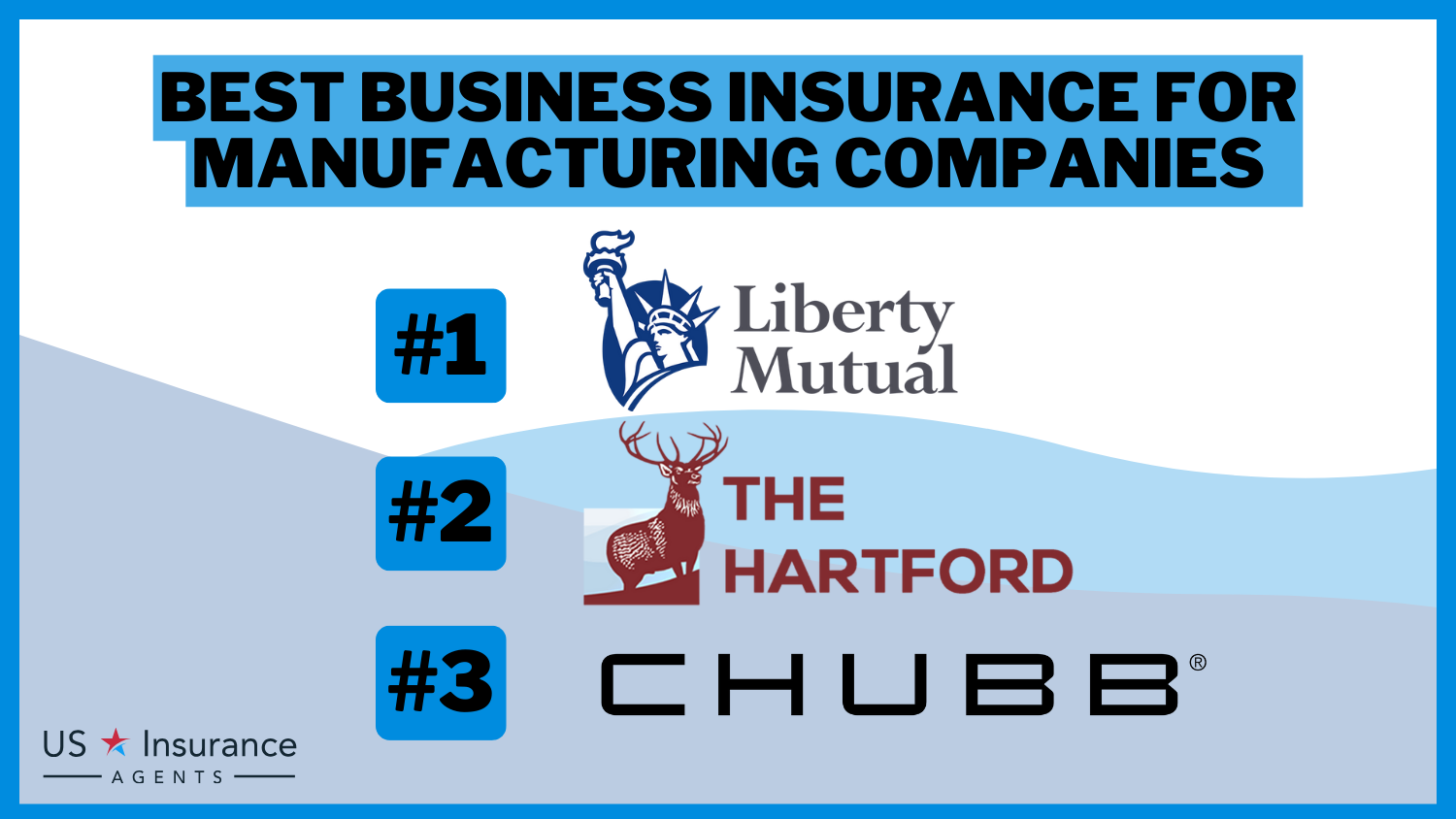Best Business Insurance for Gas Stations in 2026 (Top 10 Companies)
Explore the best business insurance for gas stations with Travelers, Nationwide, and Progressive. Unlock exclusive discounts of up to 15% while exploring their meticulously tailored coverage options and uncover why these industry giants are renowned as leaders in gas station insurance.
Read more Secured with SHA-256 Encryption






Table of Contents
Table of Contents


Managing Editor
Laura Kuhl holds a Master’s Degree in Professional Writing from the University of North Carolina at Wilmington. Her career began in healthcare and wellness, creating lifestyle content for doctors, dentists, and other healthcare and holistic professionals. She curated news articles and insider interviews with investors and small business owners, leading to conversations with key players in the le...
Laura Kuhl


Sr. Director of Content
Sara Routhier, Senior Director of Content, has professional experience as an educator, SEO specialist, and content marketer. She has over 10 years of experience in the insurance industry. As a researcher, data nerd, writer, and editor, she strives to curate educational, enlightening articles that provide you with the must-know facts and best-kept secrets within the overwhelming world of insurance....
Sara Routhier


Licensed Insurance Agent
Jimmy McMillan is an entrepreneur and the founder of HeartLifeInsurance.com, an independent life insurance brokerage. His company specializes in life insurance for people with heart problems. He knows personally how difficult it is to secure health and life insurance after a heart attack. Jimmy is a licensed insurance agent from coast to coast who has been featured on ValientCEO and the podcast...
Jimmy McMillan
Updated March 2025
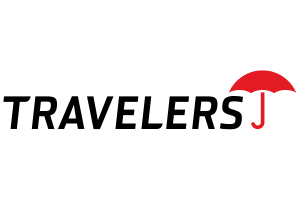 1,734 reviews
1,734 reviewsCompany Facts
Full Coverage for Gas Stations
A.M. Best Rating
Complaint Level
Pros & Cons
 1,734 reviews
1,734 reviews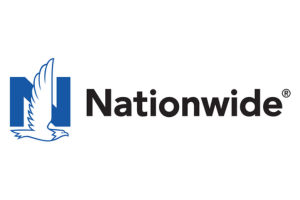 3,071 reviews
3,071 reviewsCompany Facts
Full Coverage for Gas Stations
A.M. Best
Complaint Level
Pros & Cons
 3,071 reviews
3,071 reviews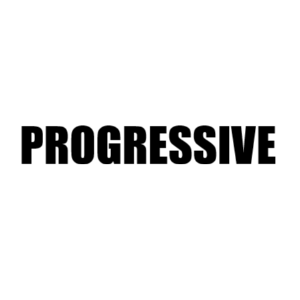 13,285 reviews
13,285 reviewsCompany Facts
Full Coverage for Gas Stations
A.M. Best Rating
Complaint Level
Pros & Cons
 13,285 reviews
13,285 reviewsTravelers, Nationwide, and Progressive are widely recognized as the top picks for the best business insurance for gas stations, offering comprehensive coverage and competitive rates.
In this comprehensive guide, delve into essential factors to consider when selecting insurance, including coverage options, customer satisfaction, and industry reputation.
Our Top 10 Company Picks: Best Business Insurance for Gas Stations
| Company | Rank | Multi-Policy Discount | Safety Features Discount | Best For | Jump to Pros/Cons |
|---|---|---|---|---|---|
| #1 | 15% | 10% | Comprehensive Coverage | Travelers | |
 | #2 | 15% | 10% | Fuel-Spill Coverage | Nationwide |
| #3 | 10% | 15% | Business Auto Insurance | Progressive | |
 | #4 | 10% | 15% | Environmental Protection | Liberty Mutual |
 | #5 | 15% | 10% | Equipment Breakdown | The Hartford |
| #6 | 15% | 10% | Fuel Delivery Coverage | State Farm | |
| #7 | 15% | 10% | Bundle Coverage | Farmers | |
| #8 | 15% | 10% | Interruption Coverage | Allstate | |
| #9 | 15% | 10% | Risk Control | CNA | |
| #10 | 15% | 10% | High-End Coverage | Chubb |
Gain valuable insights and expert recommendations to safeguard your gas station business effectively and confidently. For additional details, refer to our comprehensive report titled “Compare the Best Insurance Quotes in the Country.”
- Travelers is the best option, with discounts as low as 15%
- Discover top-rated business insurance options tailored for gas stations
- Explore comprehensive coverage, competitive rates, and industry-leading service
#1 – Travelers: Top Overall Pick
Pros
- Comprehensive Coverage Options: Travelers offers a wide range of coverage options tailored to the specific needs of gas stations, including general liability, commercial property, business auto, and cyber liability insurance.
- Strong Financial Stability: The Travelers insurance review & ratings showcase a financially secure insurance provider with a strong reputation. This assurance reflects their capability to manage claims efficiently and provide effective support to policyholders.
- Industry Expertise: With years of experience in the insurance industry, Travelers has developed expertise in understanding the unique risks and challenges faced by gas stations, allowing them to offer customized solutions.
Cons
- Potentially Higher Premiums: Due to its comprehensive coverage and industry expertise, Travelers’ insurance premiums may be relatively higher compared to some other insurance providers.
- Limited Online Quoting: Travelers’ online quoting process for business insurance may not be as streamlined or user-friendly as some competitors, requiring more direct interaction with agents for detailed quotes.
Free Business Insurance Comparison
Compare Quotes From Top Companies and Save
Secured with SHA-256 Encryption
#2 – Nationwide: Best for Coverage Specialist
Pros
- Specialized Coverage Options: Nationwide offers specialized coverage options for gas stations, such as fuel spill coverage, which can provide tailored protection against industry-specific risks.
- Nationwide Presence: As the name suggests, Nationwide has a widespread presence across the country, making it accessible for gas station owners regardless of their location.
- Customer Service: According to Nationwide insurance review & ratings, the company is renowned for its exceptional customer service, ensuring timely assistance and support for policyholders.
Cons
- Limited Coverage Options for Small Businesses: Nationwide may not offer as many coverage options specifically tailored to the needs of small gas station businesses, which could limit the flexibility in choosing comprehensive insurance packages.
- Complex Claims Process: Some policyholders have reported that Nationwide’s claims process can be complex and time-consuming, leading to potential delays in claim settlements and customer dissatisfaction.
#3 – Progressive: Best for Auto Insurance
Pros
- Business Auto Insurance Expertise: As indicated by Progressive insurance review & ratings, the company is renowned for its specialized expertise in commercial auto insurance, offering customized coverage options ideal for gas stations with vehicle fleets.
- Competitive Rates: Progressive often provides competitive rates for its insurance policies, making it an attractive option for businesses looking for affordable coverage.
- Online Tools and Resources: Progressive offers a range of online tools and resources, including quote calculators and policy management tools, making it convenient for policyholders to manage their insurance needs.
Cons
- Limited Industry Specialization: While Progressive is strong in business auto insurance, its specialization in other areas specific to gas stations, such as fuel spill coverage or equipment breakdown insurance, may be limited compared to some competitors.
- Claims Handling Process: Some policyholders have reported issues with Progressive’s claims handling process, citing delays or difficulties in getting claims resolved efficiently.
#4 – Liberty Mutual: Best for Environmental Protection
Pros
- Environmental Protection Advocate: Liberty Mutual is recognized for its commitment to environmental protection, offering coverage options that address environmental risks faced by gas stations, such as pollution liability and cleanup costs.
- Customized Coverage Options: Base on Liberty Mutual review & ratings, the company provides personalized coverage options tailored to the specific needs of gas stations, ensuring comprehensive protection against industry-specific risks.
- Financial Stability: Liberty Mutual is a financially stable insurance provider with a strong reputation, providing assurance that they can handle claims and support policyholders effectively.
Cons
- Potentially Higher Premiums: Due to its specialized coverage and environmental focus, Liberty Mutual’s insurance premiums may be relatively higher compared to some other insurance providers.
- Limited Policy Customization: Some policyholders have reported limitations in policy customization options with Liberty Mutual, which could be a drawback for businesses with unique insurance needs.
Free Business Insurance Comparison
Compare Quotes From Top Companies and Save
Secured with SHA-256 Encryption
#5 – The Hartford: Best for Equipment Authority
Pros
- Equipment Breakdown Coverage: The Hartford offers robust equipment breakdown coverage, which is crucial for gas stations to protect against potential mechanical failures or malfunctions.
- Industry Experience: With extensive experience in the insurance industry, The Hartford understands the unique risks faced by gas stations and can provide tailored solutions.
- Financial Stability: As indicated by The Hartford insurance review & ratings, this insurer is financially stable, instilling confidence in policyholders regarding the effective handling of their claims.
Cons:
- Potentially Higher Premiums: Due to its specialized coverage and industry expertise, The Hartford’s insurance premiums may be relatively higher compared to some other insurance providers.
- Limited Policy Customization: The Hartford may have limited options for policy customization compared to some competitors, which could be a drawback for businesses with unique insurance needs.
#6 – State Farm: Best for Coverage Innovator
Pros
- Fuel Delivery Coverage Innovator: In the State Farm insurance review & ratings, State Farm is acknowledged for its inventive strategy towards fuel delivery coverage, offering customized insurance solutions designed for gas stations engaged in fuel distribution.
- Personalized Service: State Farm is known for its personalized customer service, with dedicated agents who can assist gas station owners in understanding their insurance needs and selecting the right coverage options.
- Financial Stability: State Farm is a financially stable insurance provider with a strong reputation, providing assurance that they can handle claims and support policyholders effectively.
Cons
- Potentially Higher Premiums: Due to its comprehensive coverage and personalized service, State Farm’s insurance premiums may be relatively higher compared to some other insurance providers.
- Limited Industry Specialization: While State Farm offers a range of insurance products, its specialization in areas specific to gas stations, such as equipment breakdown insurance or cyber liability coverage, may be limited compared to some competitors.
#7 – Farmers: Best for Bundle Coverage
Pros
- Bundle Coverage Options: Farmers offers bundle coverage options, allowing gas station owners to combine multiple insurance policies like general liability, commercial property, and business auto into a single package, potentially saving on premiums.
- Competitive Rates: Farmers provides competitive rates for its insurance policies, making it a cost-effective choice for businesses seeking comprehensive coverage.
- Customizable Policies: As outlined in Farmers insurance review & ratings, the company empowers policyholders to customize their insurance policies to align with their unique needs, offering flexibility in coverage options.
Cons
- Limited Industry Specialization: Farmers may have limited specialization in certain areas specific to gas stations, such as fuel spill coverage or equipment breakdown insurance, compared to some competitors who offer more tailored solutions.
- Claims Handling Reputation: Some policyholders have reported mixed experiences with Farmers’ claims handling process, citing potential delays or challenges in getting claims resolved efficiently.
Free Business Insurance Comparison
Compare Quotes From Top Companies and Save
Secured with SHA-256 Encryption
#8 – Allstate: Best for Pioneer Coverage
Pros
- Diverse Coverage Options: Allstate offers a wide range of coverage options for gas stations, including general liability, property, commercial auto, and cyber liability insurance, allowing businesses to tailor their coverage to their specific needs.
- Strong Financial Stability: Allstate is a financially stable insurance provider with a solid reputation, providing assurance that they can handle claims and support policyholders effectively.
- Multiple Discount Opportunities: As per Allstate insurance review & ratings, the company is recognized as a financially robust insurance provider with a reputable track record, giving policyholders confidence in their ability to manage claims effectively and offer reliable support.
Cons
- Potentially Higher Premiums: Due to its diverse coverage options and strong financial stability, Allstate’s insurance premiums may be relatively higher compared to some other insurance providers.
- Mixed Customer Service Reviews: Some policyholders have reported mixed experiences with Allstate’s customer service, citing issues with claims processing and communication.
#9 – CNA: Best for Risk Control
Pros
- Financial Stability: CNA is known for its strong financial stability, providing policyholders with confidence in the company’s ability to handle claims and fulfill obligations.
- Customer Service Excellence: According to CNA insurance review & ratings, CNA receives commendation for its outstanding customer service, featuring dedicated representatives who are prompt and well-informed.
- Diverse Coverage Options: CNA offers a wide range of coverage options beyond basic insurance, such as cyber liability, employment practices liability, and business interruption insurance, providing comprehensive protection for various risks.
Cons
- Complex Policies: Some policyholders may find CNA’s insurance policies to be complex and detailed, requiring a thorough understanding of coverage terms and conditions.
- Limited Online Tools: CNA’s online platform may lack certain features and tools that make it easier for policyholders to manage their policies and access information compared to some competitors.
#10 – Chubb: Best for Coverage Connoisseur
Pros
- Coverage Options: Chubb offers high-end coverage options that can be tailored to the specific needs of gas stations, including property insurance, liability coverage, and business interruption insurance.
- Financial Stability: Chubb is known for its strong financial stability and reputation in the insurance industry, providing assurance that they can handle claims and support policyholders effectively.
- Customized Solutions: According to Chubb insurance review & ratings, the company excels in offering tailored insurance solutions, enabling gas station proprietors to develop policies that cater to their distinct risks and needs.
Cons
- Higher Premiums: Due to its high-end coverage options and reputation, Chubb’s insurance premiums may be relatively higher compared to some other insurance providers.
- Limited Accessibility: Chubb may have limited accessibility or availability compared to larger insurance companies, which could be a drawback for businesses in certain regions or with specific insurance needs.
Free Business Insurance Comparison
Compare Quotes From Top Companies and Save
Secured with SHA-256 Encryption
Safeguard Your Gas Station With Essential Insurance Coverage
Gas stations face a unique set of risks and liabilities in their day-to-day operations. To ensure comprehensive protection, gas station owners should consider acquiring various types of insurance. Here are the key types of business insurance that gas stations typically need:
- General Liability Insurance: It is a fundamental coverage for gas stations. It protects against common risks such as slip and fall accidents, property damage, and bodily injuries that occur on the premises.
- Commercial Property Insurance: This is essential for gas stations as it provides coverage for the physical structure of the station, fuel pumps, equipment, signage, and inventory.
- Commercial Auto Insurance: Gas stations often have a fleet of vehicles used for fuel delivery, maintenance, or towing services. It covers medical expenses, property repairs, and legal costs resulting from collisions, regardless of fault.
Moreover workers’ compensation insurance is typically required by law in almost every state. It provides medical benefits, wage replacement, rehabilitation costs, and potentially a lump-sum settlement in the event of disability or death.
- Cyber Liability Insurance: gas stations often store sensitive customer information, such as credit card data, in their systems. It covers costs associated with notifying affected individuals, credit monitoring services, legal expenses, regulatory fines, and potential lawsuits arising from the unauthorized access or theft of customer data.
- Commercial Umbrella Insurance: While general liability and commercial auto insurance provide primary coverage, they may have policy limits that could be exhausted in the event of a severe or costly claim. Commercial umbrella insurance offers additional liability protection beyond the limits of these primary policies.
By obtaining a combination of these insurance policies, gas station owners can create a robust risk management strategy that covers a wide range of potential perils and liabilities.
Jeff Root Licensed Life Insurance Agent
It is essential to consult with insurance professionals who specialize in commercial insurance to determine the specific coverage needs of your gas station based on its size, location, and operational requirements.
Affordable Coverage for Protecting Your Gas Station With Business Insurance
Gas station owners understand the importance of finding affordable insurance coverage without compromising on essential protection. To assist in this endeavor, here are some strategies and considerations for obtaining cost-effective coverage:
- Compare Multiple Quotes: It’s crucial to shop around and obtain quotes from multiple insurance providers specializing in business insurance for gas stations. By comparing quotes, you can identify competitive rates and coverage options that suit your specific needs. For detailed information, refer to our comprehensive report titled “Insurance Quotes Online.”
- Bundle Policies: One effective way to save money on insurance is by bundling different policies together. A business owner’s policy (BOP) combines general liability and commercial property insurance, offering a comprehensive and cost-effective solution for gas station owners.
In relation adjusting the deductibles on your insurance policies can impact the premium costs. By opting for slightly higher deductibles, you may be able to reduce your premiums.
- Risk Management and Loss Prevention: Reduce accidents and claims with effective practices, potentially lowering premiums.
- Experienced Insurance Agent: Partner with a specialized agent for gas station insurance to get optimal coverage at competitive rates.
- Annual Coverage Review: Regularly review insurance to match evolving needs, adjust policies, and find cost-saving opportunities.
Remember, while cost is an important factor, it’s equally important to ensure that your insurance coverage adequately protects your gas station from potential risks and liabilities.
Daniel Walker Licensed Insurance Agent
Finding the right balance between affordability and comprehensive coverage is key to safeguarding your business.
Exploring the Factors Impacting Insurance Costs for Gas Stations
Several factors influence the cost of insurance for gas stations. Understanding these factors can help gas station owners estimate their insurance expenses and make informed decisions about coverage. Here are some key factors that affect insurance costs:
- Operations Size: The size and scope of a gas station’s operations play a significant role in determining insurance costs. Larger gas stations with more, convenience stores, car wash facilities, or repair services may have higher insurance premiums. For a comprehensive overview, explore our detailed resource titled “How does the insurance company determine my premium?.”
- Location Impact: Areas prone to crime or natural disasters may result in higher costs, as can high-traffic locations.
Moreover frequent history or severe claims can significantly impact premiums, making it imperative to implement safety measures such as surveillance and alarms. These measures not only enhance security but also contribute to lower premiums over time.
Additionally, coverage needs play a pivotal role, as desired coverage levels, deductibles, and additional options like cyber liability can directly influence insurance costs. Furthermore, investing in employee training programs focused on safety can effectively lower risk perception, leading to reduced premiums and a safer work environment overall.
- Employee Count: More employees may require higher coverage limits, affecting costs.
- Loss Control and Business Experience: Implementing proactive measures like maintenance schedules and safety inspections is key to reducing risks and insurance costs. Businesses that prioritize safety often qualify for lower premiums, highlighting the value of proactive risk management.
- Carrier Choice: Comparing quotes from different insurers can help find the most cost-effective policy.
By considering these factors and working closely with insurance professionals, gas station owners can make informed decisions when selecting insurance coverage and managing their insurance costs effectively.
Gas Stations Business Insurance Monthly Rates by Provider & Coverage Level
| Insurance Company | Minimum Coverage | Full Coverage |
|---|---|---|
| $520 | $890 | |
| $540 | $920 | |
| $530 | $950 | |
| $510 | $920 | |
 | $510 | $920 |
 | $510 | $950 |
| $460 | $850 | |
| $480 | $880 | |
 | $490 | $900 |
| $480 | $900 |
A well-informed approach and collaboration with experts can lead to optimal insurance choices and cost management for gas station businesses. To enhance your understanding, explore below our comprehensive resources on business insurance :
Free Business Insurance Comparison
Compare Quotes From Top Companies and Save
Secured with SHA-256 Encryption
Securing Gas Station Insurance for Business Protection
Obtaining insurance for your gas station is a crucial step in protecting your business and ensuring its long-term success. To simplify the process, follow these eight steps:
- Assess Your Needs: Evaluate your gas station’s requirements, including size, staff, property value, and services, to determine necessary coverage levels.
- Research Providers: Look into reputable insurance companies specializing in gas station business insurance with a history of reliable service and customer satisfaction.
- Request Quotes: Contact multiple providers for competitive rate comparisons based on your gas station’s specifics.
To ensure comprehensive protection, start by thoroughly understanding policies—review coverage details, limits, deductibles, and exclusions.
For personalized guidance and tailored coverage options, consulting an experienced agent is invaluable. They can provide insights, clarify policy nuances, and help you make informed decisions about your insurance needs.
- Customize Policies: Work with your chosen provider to customize policies, adding necessary coverage like pollution or equipment protection.
- Review Terms: Understand policy terms, renewal conditions, cancellation policies, and maintenance requirements thoroughly. For additional details, explore our comprehensive resource titled “What is Policy year?“.
- Purchase and Maintain: Complete paperwork, payment, and obtain a certificate of insurance for proof and compliance.
By following these steps and working with experienced professionals, you can navigate the process of obtaining gas station insurance smoothly and ensure that your business is adequately protected against potential risks and liabilities.
To sum up, investing in comprehensive insurance coverage is imperative for ensuring the long-term success and security of your gas station business.
Case Studies: Success Stories of Business Insurance for Gas Stations
Discover real success stories in gas station business insurance as we delve into impactful case studies showcasing how insurance coverage protects and supports gas station owners.
- Case Study #1 – Property Protection: When a fire broke out in the storage area of Fast Fuel Gas Station, their Travelers Insurance property protection swiftly covered the damages. The insurance ensured quick restoration and minimal downtime, preserving customer service and revenue streams.
- Case Study #2 – Liability Defense: After a customer slipped and fell on a wet floor at Green Fill Gas Station, resulting in a lawsuit, their Farmers Insurance liability coverage stepped in. The insurance handled legal expenses and settlement costs, shielding Green Fill’s finances and reputation.
- Case Study #3 – Equipment Breakdown: When critical pumps malfunctioned at Swift Gas Station, their Hartford Insurance equipment breakdown coverage came to the rescue. Immediate repair coverage ensured uninterrupted operations and customer service, preventing revenue loss.
These case studies illustrate the crucial significance of professional liability insurance for gas stations, protecting them from unexpected difficulties and ensuring seamless operations and financial stability.
In Review: Business Insurance for Gas Stations
Securing comprehensive coverage is crucial for gas stations, protecting against various risks like general liability, business owner’s policies, commercial auto, workers’ compensation, cyber liability, and commercial umbrella insurance.
Owners must assess needs, research providers, and get multiple quotes for tailored coverage. With experienced agents and customized policies, they safeguard against accidents, lawsuits, cyberattacks, and more.
Gas station insurance is both a legal requirement and a strategic investment, ensuring peace of mind and financial security while focusing on business growth. Choose the right coverage today for a successful and secure future.
Our free comparison tool makes it easy to stick to your business insurance budget – enter your ZIP code below to get started.
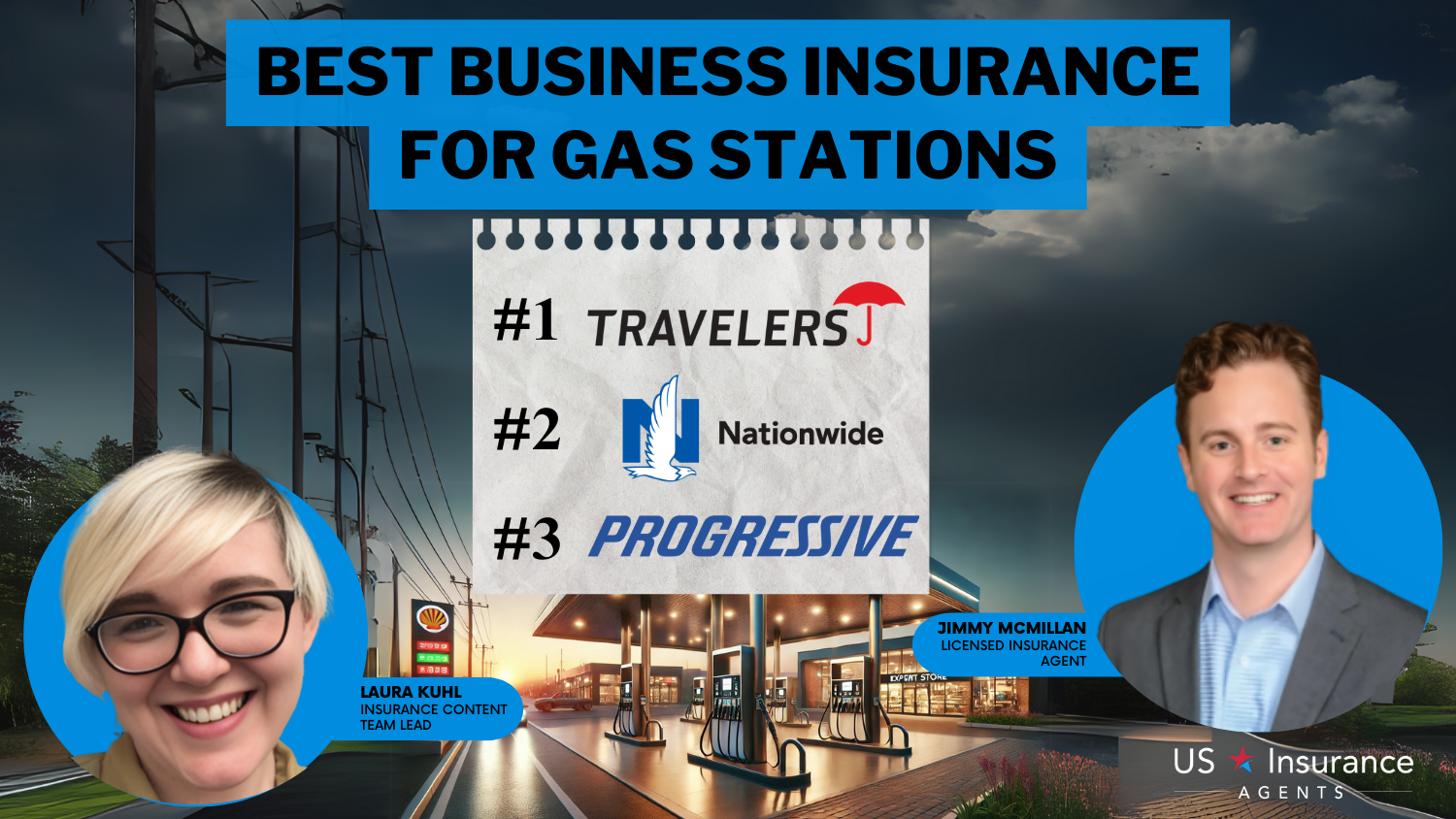
Frequently Asked Questions
What insurance is most important for a business?
General liability insurance, also known as business or commercial liability insurance, is essential coverage for various claims, including bodily injury, property damage, personal or advertising injury, medical payments, products-completed operations, and damages to premises rented to you.
What factors should I keep in mind when selecting the best petrol station insurance brokers and companies?
Consider the experience, range of insurance products, customer service reputation, financial stability, and pricing of petrol station insurance brokers and companies when choosing the best one for your needs. Reading reviews from other gas station owners can also offer valuable insights into their service quality.
What insurance options are available for gas stations with a convenience store, and who offers the best insurance for convenience stores?
Insurance for gas stations with a convenience store typically includes general liability, commercial property, business interruption, and cyber liability coverage. The best insurance for convenience stores is provided by companies specializing in tailored policies for theft, property damage, and business interruption specific to these businesses.
For a comprehensive overview, explore our detailed resource titled “Commercial Insurance: A Complete Guide.”
How can I obtain a gas station business insurance quote, and what are some reputable gas station insurance companies?
To get a gas station business insurance quote, reach out to insurance providers specializing in gas station coverage. Reputable gas station insurance companies include Travelers, Nationwide, Progressive, Liberty Mutual, and others known for tailored policies and competitive rates.
Protect your company and employees with adequate coverage — enter your ZIP code below to instantly compare commercial insurance quotes with our free comparison tool.
What are the top gas station chains in the US, and how can I find insurance for gas stations in Vermont and Florida gas station and convenience store insurance, including coverage for convenience stores?
The top gas station chains in the US include ExxonMobil, Shell, BP, Chevron, and Speedway. For insurance for gas stations in Vermont and Florida, including convenience store coverage, consider contacting insurance providers specializing in gas station insurance such as Travelers, Nationwide, Progressive, and Liberty Mutual. They offer tailored policies to suit the specific needs of gas stations and convenience stores in these states.
What factors determine gas station insurance cost , and what does gas station insurance coverage typically include in insurance programs ?
Gas station insurance cost varies based on factors like location, coverage limits, property value, and business operations. Gas station insurance coverage often includes general liability, property damage, business interruption, pollution liability, and equipment breakdown. Gas stations insurance programs may offer additional coverages tailored to specific industry risks like fuel tank leaks or cyberattacks.
To broaden your understanding, explore our comprehensive resource on insurance coverage titled “Liability Insurance: A Complete Guide.”
Why do gas stations need insurance?
Gas stations need insurance to protect against various risks such as property damage, liability claims, environmental hazards, equipment breakdowns, and theft.
To find cheap business insurance, enter your ZIP code into our free quote comparison tool below and get covered today.
What does insurance coverage for gas stations include?
Insurance coverage for gas stations typically includes general liability, property insurance, business interruption coverage, workers’ compensation, and pollution liability insurance.
What is the typical cost of insurance for auto services and dealers?
Insurance costs for auto services and dealerships vary based on factors like business size, location, services offered, and coverage limits. Costs can range from several thousand to tens of thousands of dollars annually. Working with specialized insurance providers helps get accurate quotes tailored to specific needs and risks.
To gain in-depth knowledge, consult our comprehensive resource titled “What is Worker’s compensation?.”
How can gas stations find affordable coverage, why do gas stations need insurance? what does insurance coverage for gas stations include?
Gas stations can find affordable coverage by comparing quotes from insurance providers specializing in gas station insurance. Insurance coverage for gas stations typically includes general liability, property insurance, business interruption coverage, workers’ compensation, and pollution liability insurance.
Get a FREE Quote in Minutes
Insurance rates change constantly — we help you stay ahead by making it easy to compare top options and save.

